Hanging upside down
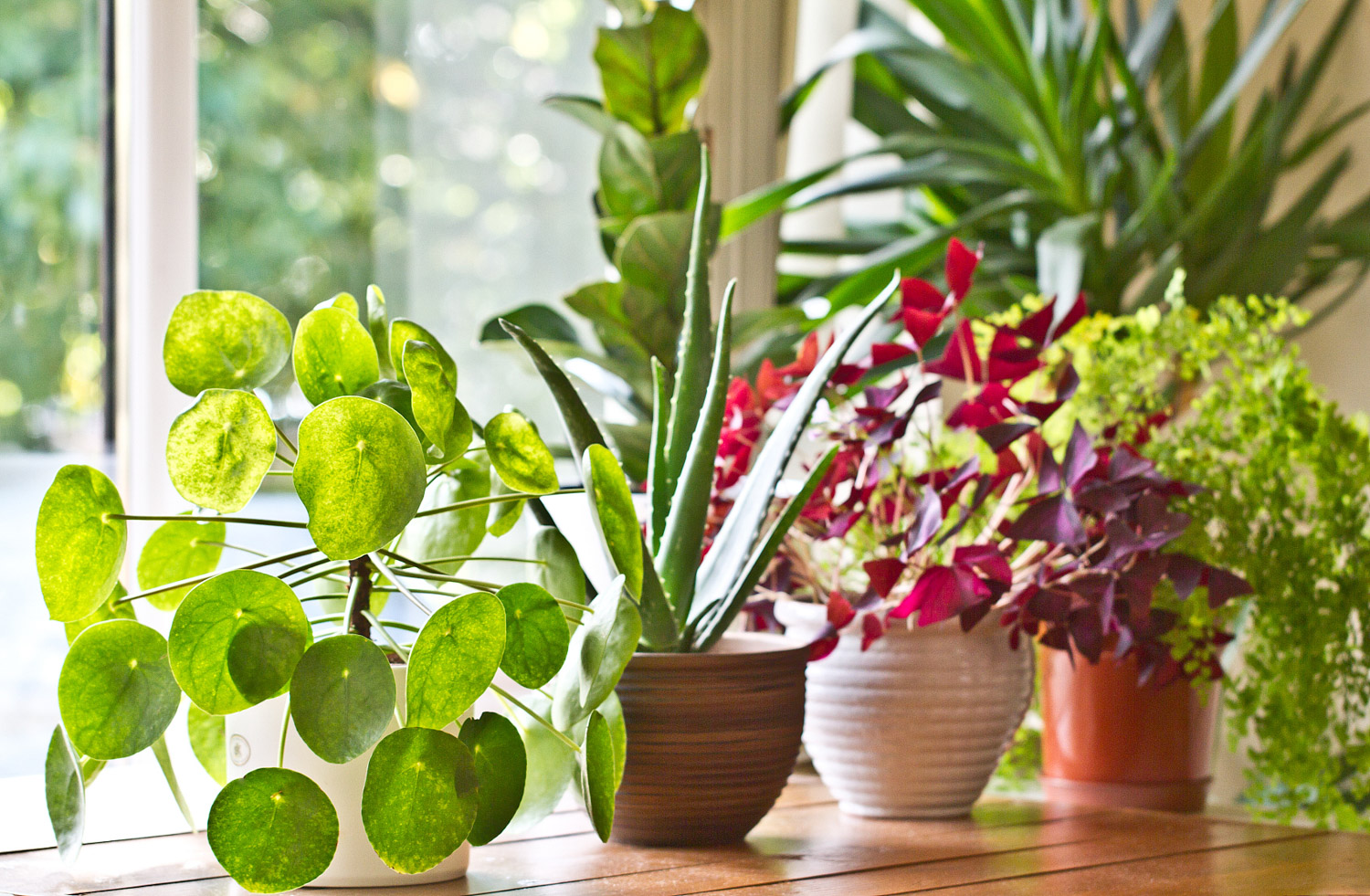
1. Watering must be dry and wet. Wait until the soil on the surface is dry, and then pour it thoroughly at one time
You can't spray water every day, because the water you spray leaves hardly have time to absorb. Finally, it can only flow into the flowerpot. Over time, there will be more water in the flowerpot, and then there will be water and rotten roots~
2. Thin fertilizer should be applied frequently
For inverted golden bell, the best fertilizer is rice washing water, which can be poured once a week~
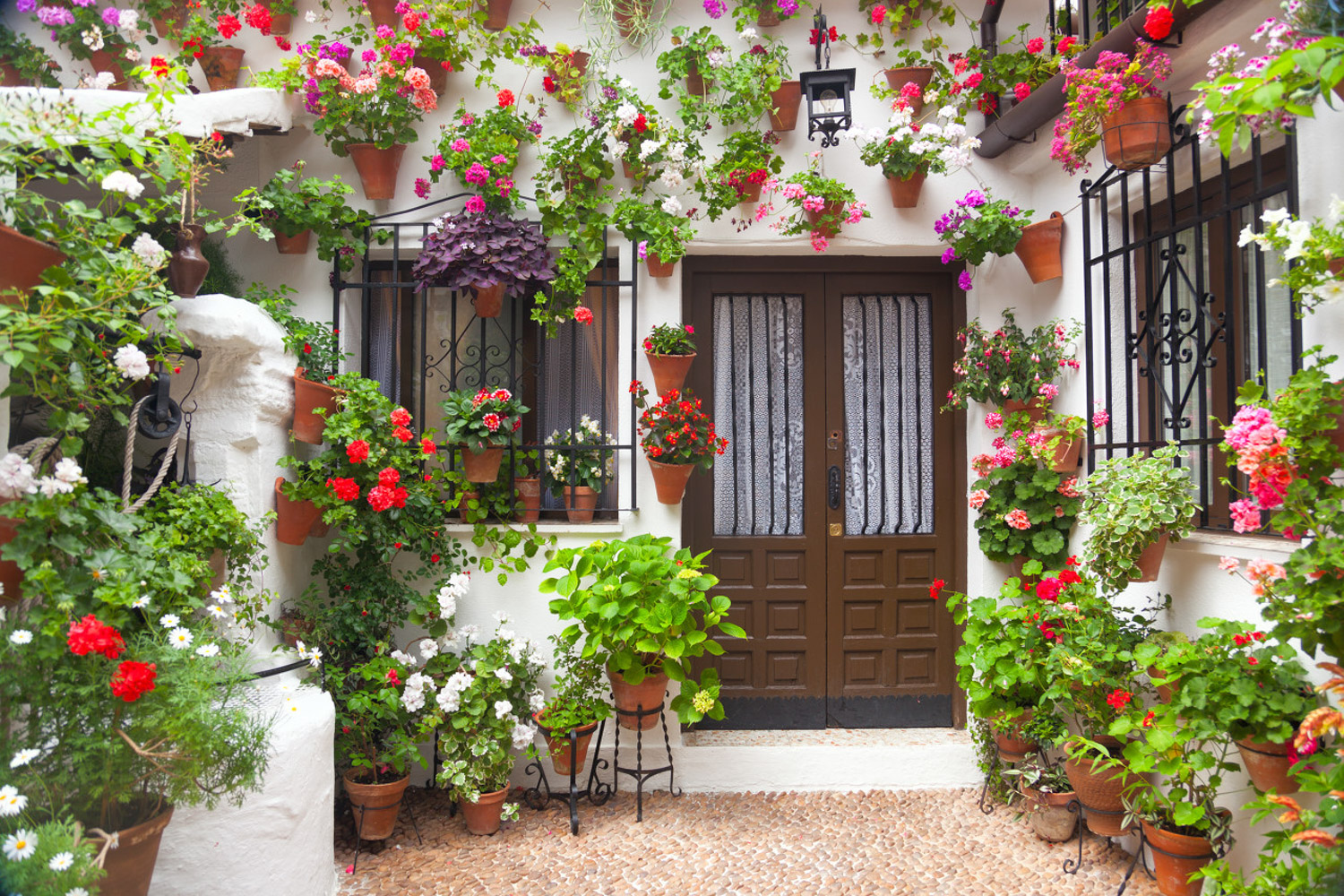
3. More sun
The upside down Golden Bell likes light. Even if it is cultured indoors, it should be placed in a place with good light. Basically, it can be illuminated all day except in summer~
4. Strengthen ventilation
This is a problem that many people will ignore, so the golden bell in the family can't be kept well. If it can be raised in the open, it is best. If not, it should also be placed on a well ventilated windowsill
Rieger Begonia
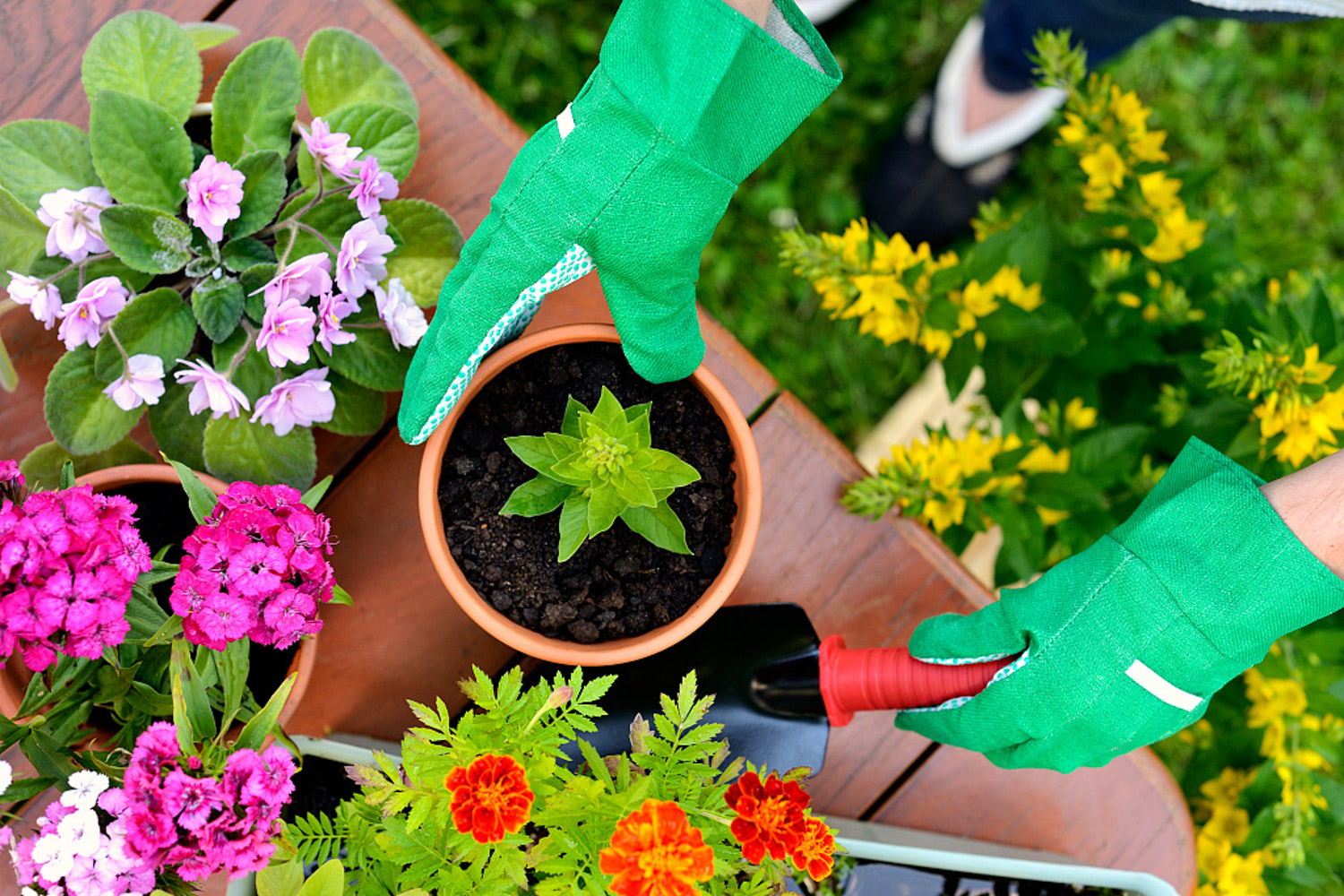
1. Choose loose and fertile soil
80% peat soil and 20% perlite can be prepared. If there is no perlite, other granular soil can also be used instead
Loose soil, good air permeability and drainage can greatly reduce the problem of ponding~
2. Watering should be dry and wet
Insert your fingers into the soil to see if it is dry; See if the top stem becomes soft and sagging. If one of these two situations occurs, it is necessary to water. Remember to water thoroughly when pouring~
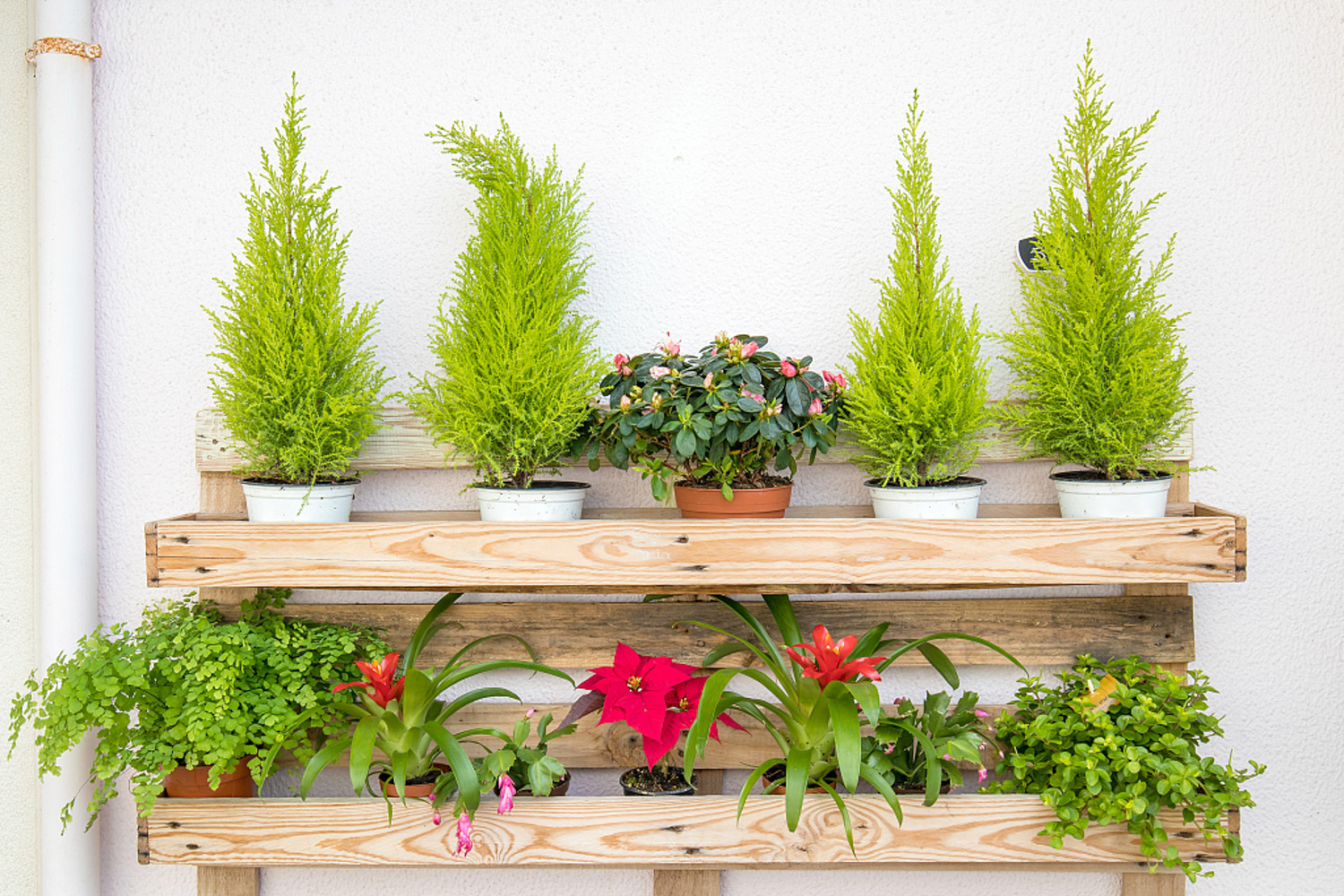
3. Best indoor breeding
Many flower friends think that open cultivation is good for flowers, but lig Begonia is not. It is more suitable to be raised on the balcony across the glass. It can breathe freely, but don't let the wind blow in. And don't move it around
Camellia
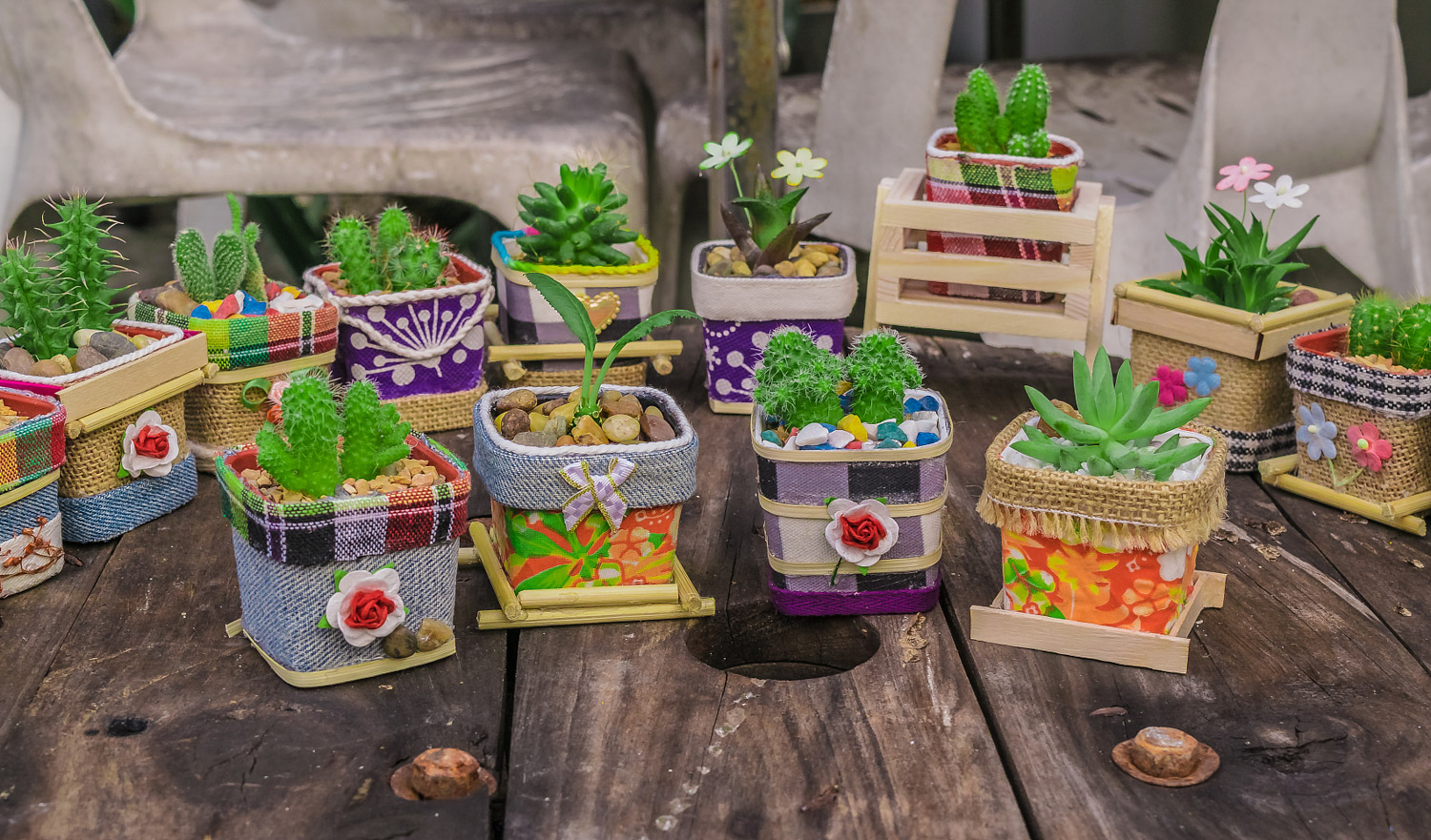
1. Prepare suitable soil
The soil of camellia is not only loose and fertile, but also slightly acidic, so it can be suitable for the growth of Camellia. Therefore, the soil configuration can be configured according to 50% of mountain soil, 40% of sawdust or edible fungus residue, 10% of cake fertilizer powder or livestock manure and phosphorus fertilizer
2. Water should be dry but not dry
That is, before watering, insert a wooden stick into it for about 3cm, stay for a few minutes, and then take it out. If it is dry, you can water it. Remember to water it thoroughly
3. Strengthen ventilation
Camellia like to grow in the breeze, but they are afraid of the northwest wind and strong wind. The northwest wind will take away water and the strong wind will break the branches of Camellia
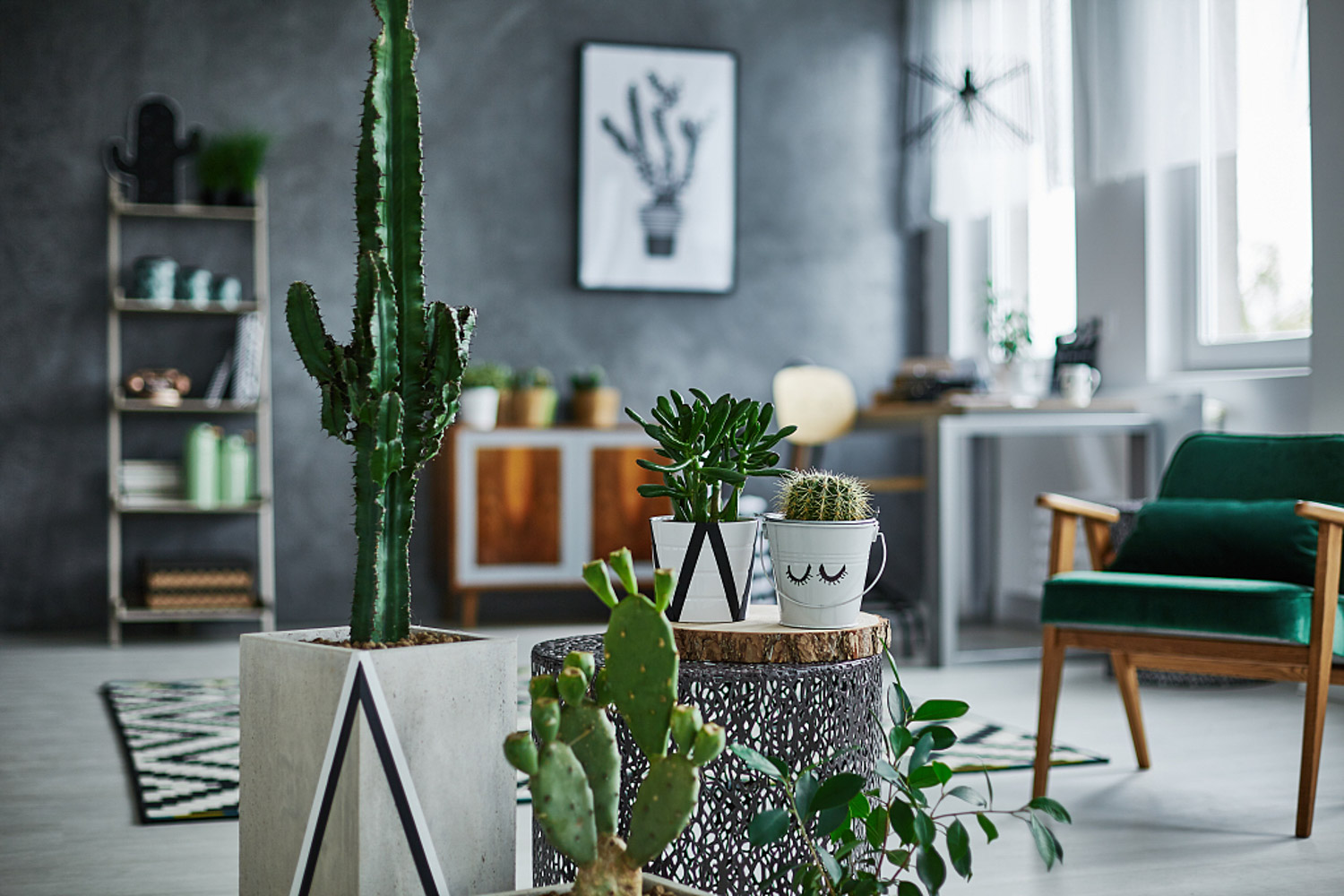
4. Do not move the position at will
In order to enjoy the camellia, many people will move around the balcony of the living room every day. This behavior is not advisable. If they move frequently, the camellia will die directly
5. Illumination
In addition to the need for shade in summer, the more light the better in the other three seasons. Putting Camellia in a shady place for a long time will directly affect the normal growth of Camellia~
Gardenia
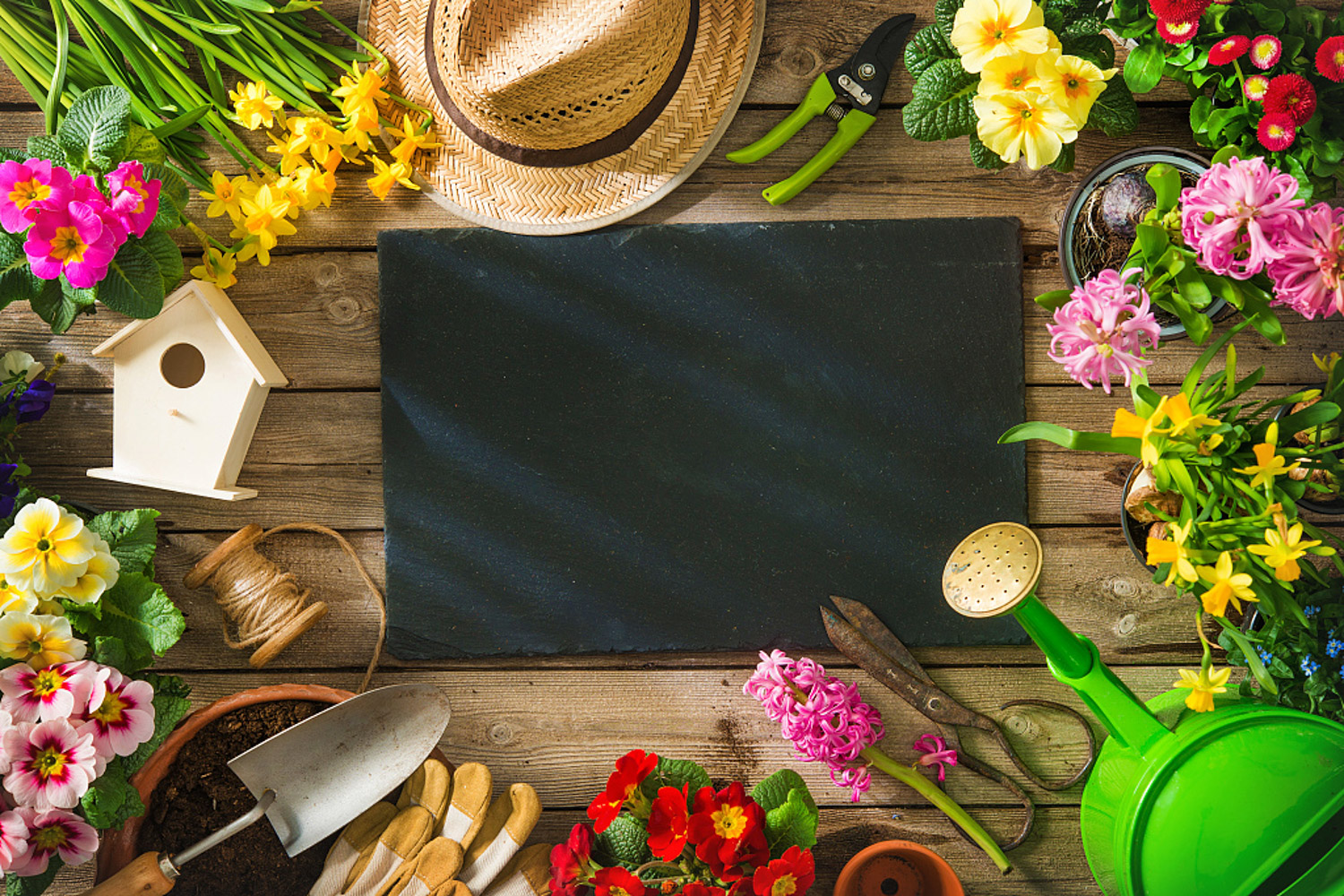
1. Gardenia likes acidic soil
The soil can be rotten leaf soil, peat soil or retting sawdust plus half of the garden soil, or Clivia soil on the market
You can also add vinegar or ferrous sulfate 1 ~ 2 times each time
2. There is a knack for placement
Gardenia is suitable to be placed on Nanyang terrace. It's best to bask in the sun through glass
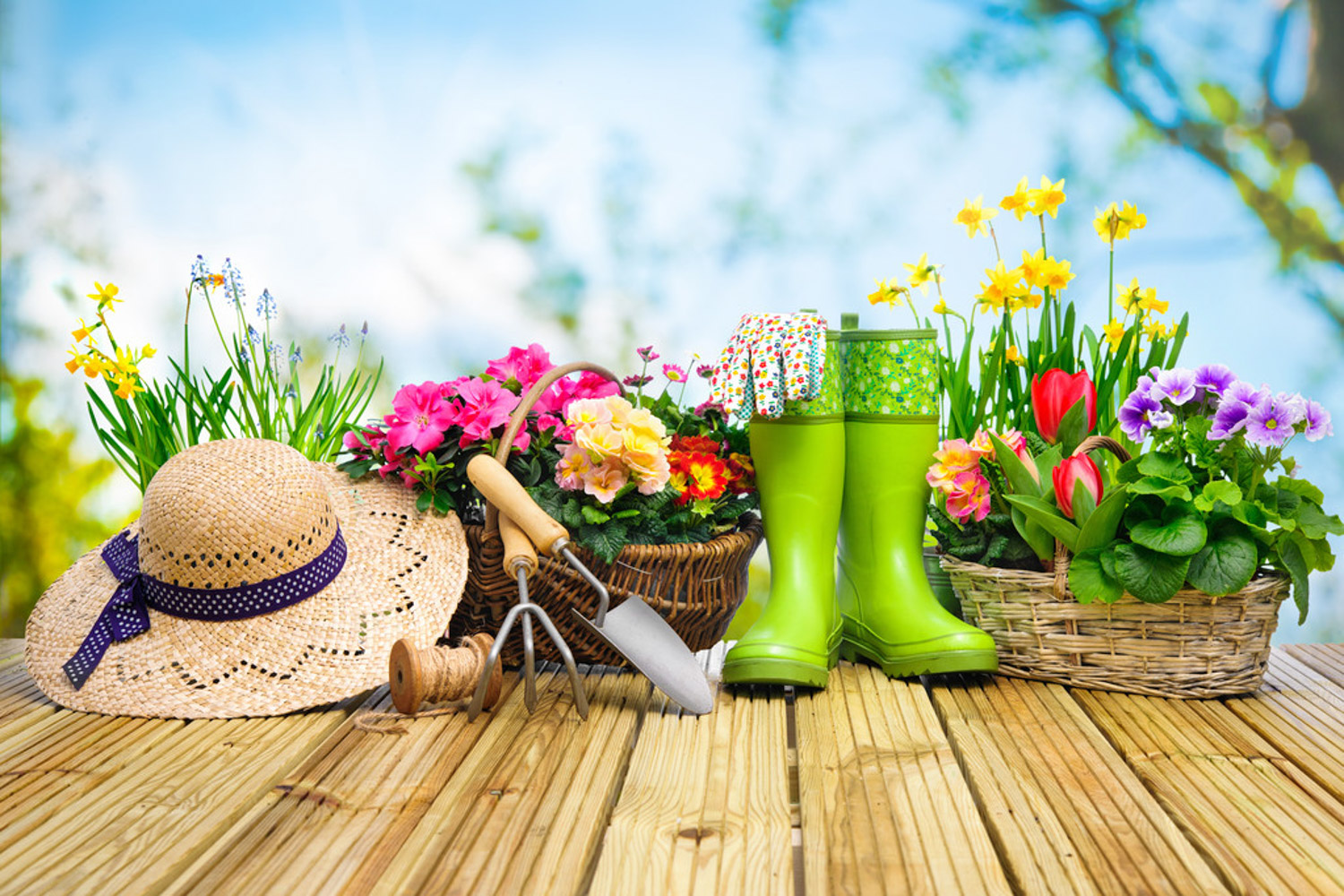
3. Water more
Many people's gardenias are dry. Gardenias like water. Generally, they have to be watered once in 3 ~ 5 days. Anyway, it's best to keep the soil surface slightly moist~
4. Air humidity
When you see that the soil is dry, knock the flowerpot with your hand. If there is an empty sound, you need to water it. When the bottom of the flowerpot starts to leak, it stops
At the same time, spray water on Gardenia every day to increase the air humidity. Generally, the air humidity reaches 70%, which is more suitable for the growth of Gardenia~
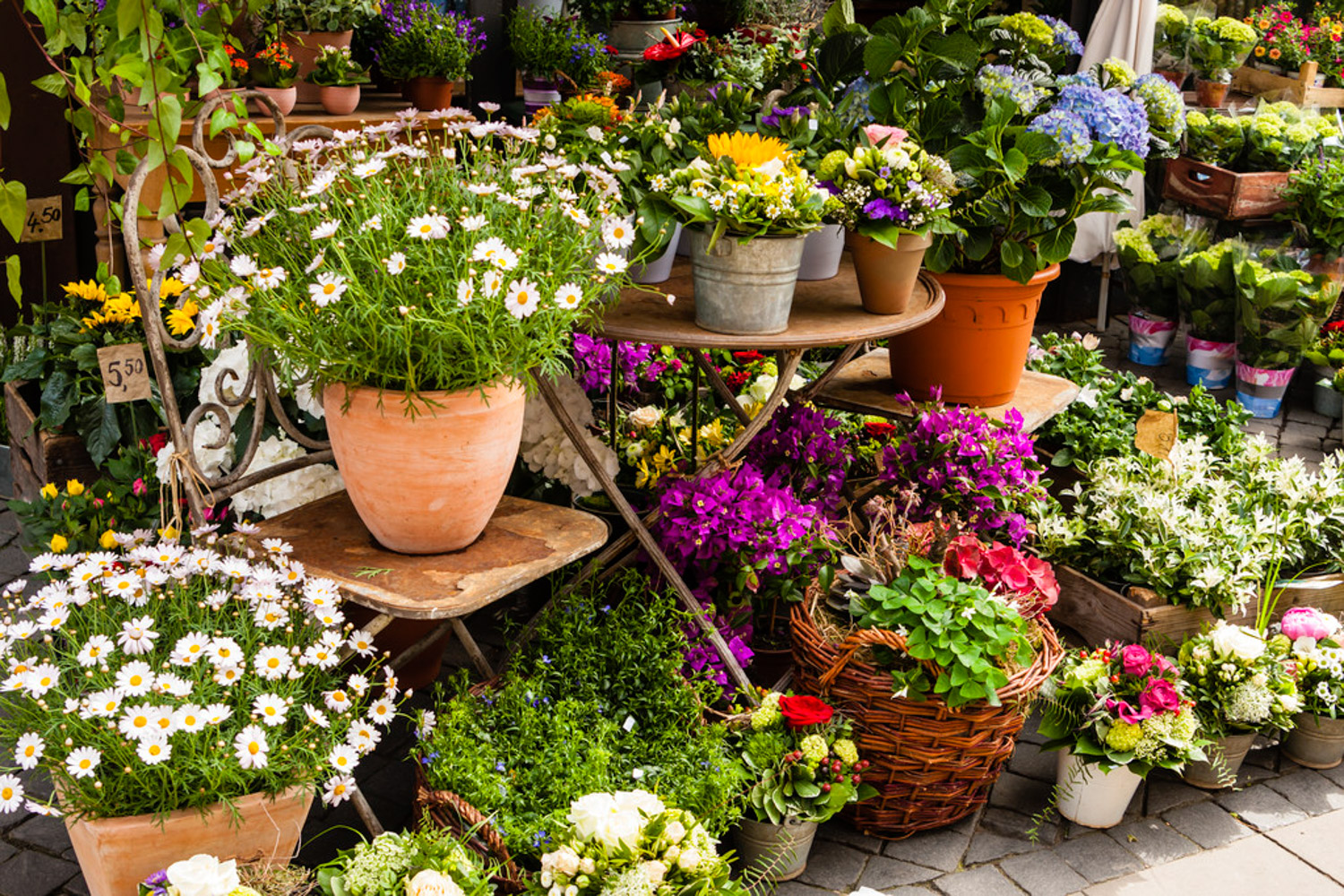
5. Trim properly
Many flower friends are reluctant to prune, but in fact, some old branches, dead branches and sick branches will waste nutrition and have no effect at all
Those long branches, weak branches, sick branches and post flowering branches should be cut off in time to avoid the waste of nutrients
Rhododendron
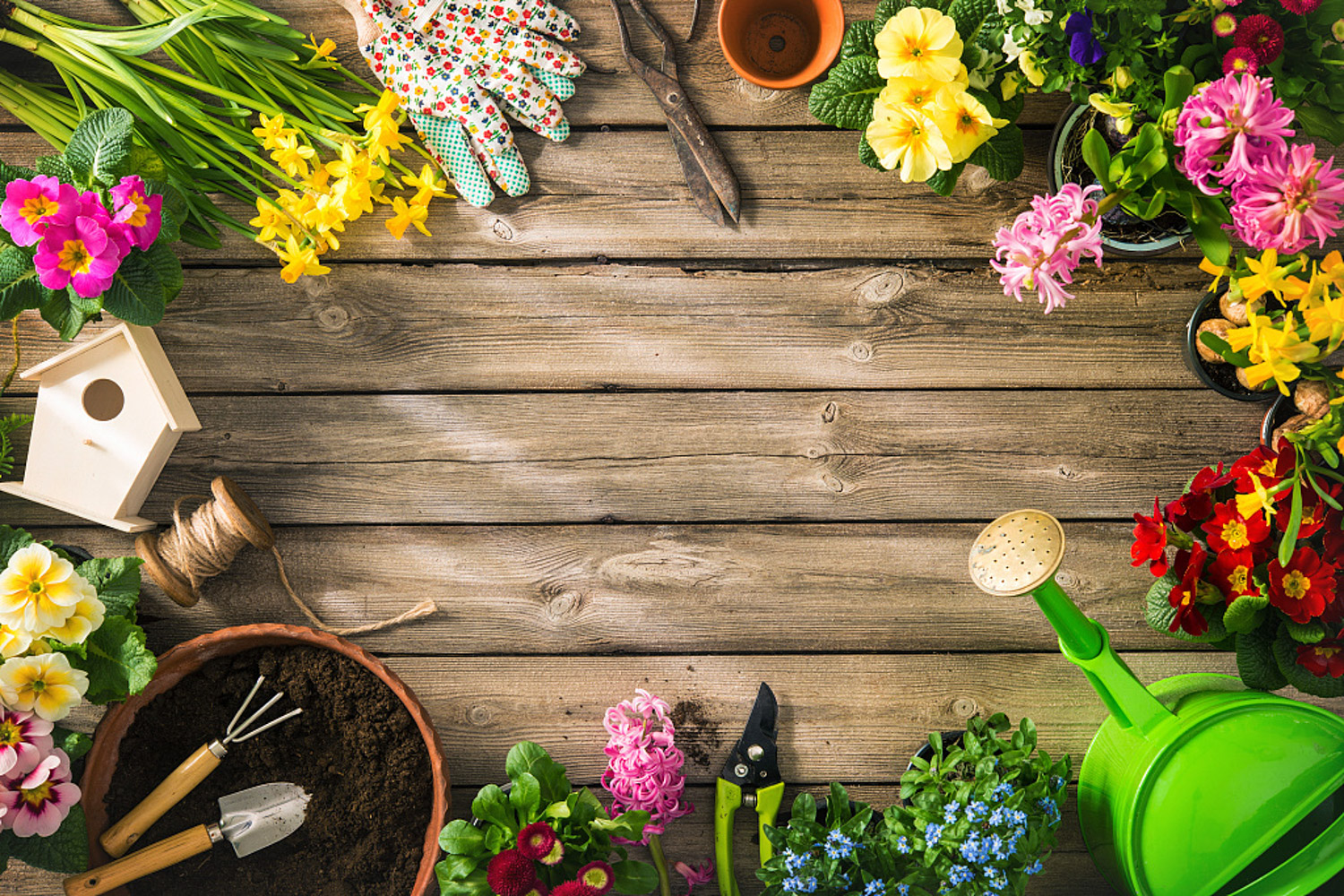
1. Sufficient light
Cuckoos like light. Now they can shine all day, or they can be placed in a place with plenty of light like nanyangtai
2. Keep the soil moist
Put a plastic plate under the flowerpot. The water should be poured thoroughly, subject to the water seeping from the bottom of the flowerpot and filling the plastic plate. Keep water in the plastic pan all the time. If the water in the pan is dry, it indicates that it needs watering
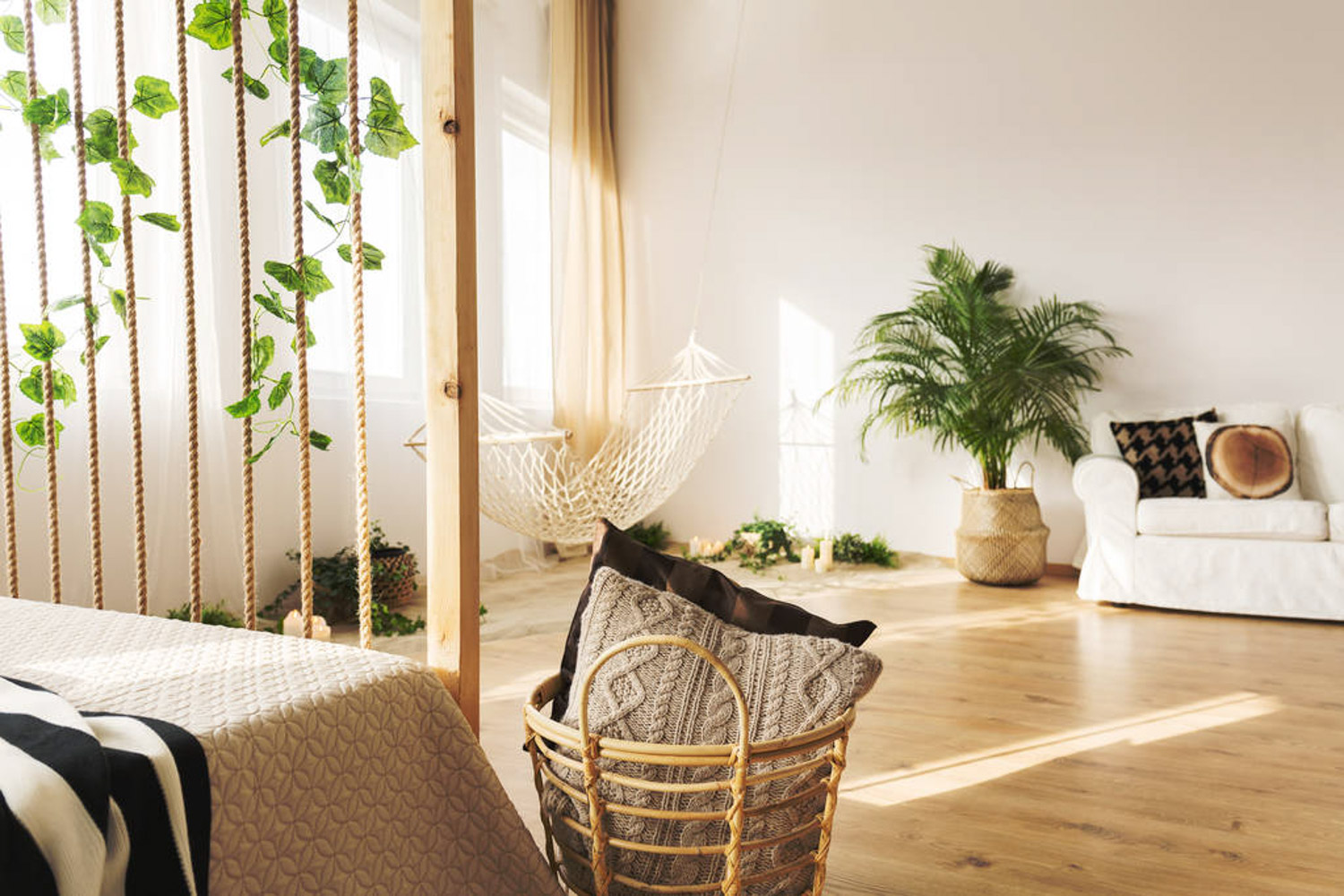
3. Timely fertilization
Generally, after flowering, you should throw some fertilizer into the flowerpot. You can buy special fertilizer for azalea or use fully decomposed bean cake water, but you must remember to apply thin fertilizer frequently
Phalaenopsis
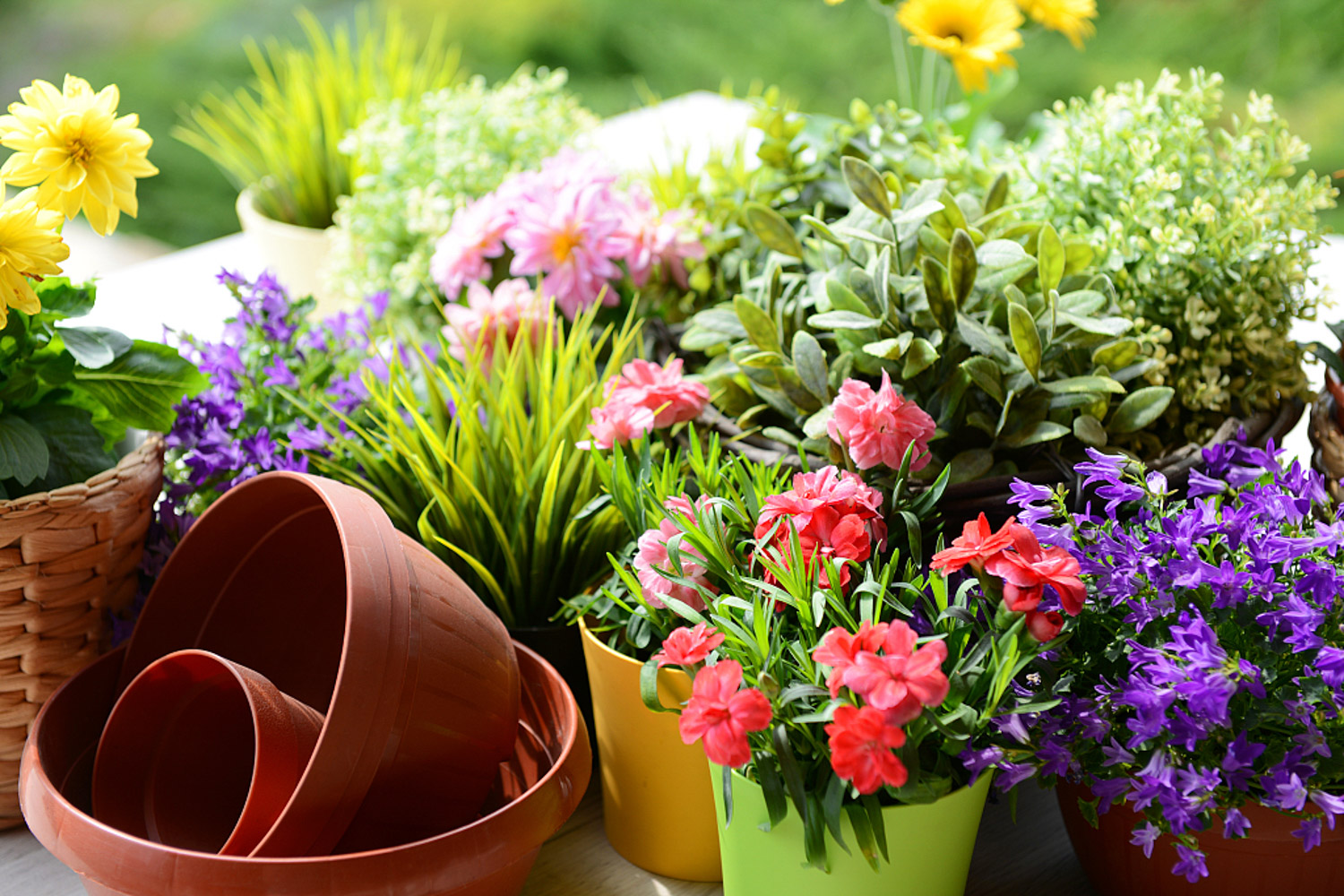
1. Water properly
Generally, the Phalaenopsis bought in the flower market is planted with water moss, which is very water-saving. Therefore, even if the Phalaenopsis likes to be wet, it doesn't need to be watered every day, about once in 5 ~ 7 days
And before watering, be sure to try it in the water moss. If it is slightly moist, you can water it
2. Strengthen ventilation
Phalaenopsis is prone to various diseases if it is not ventilated for a long time. Therefore, open the window in time for ventilation~
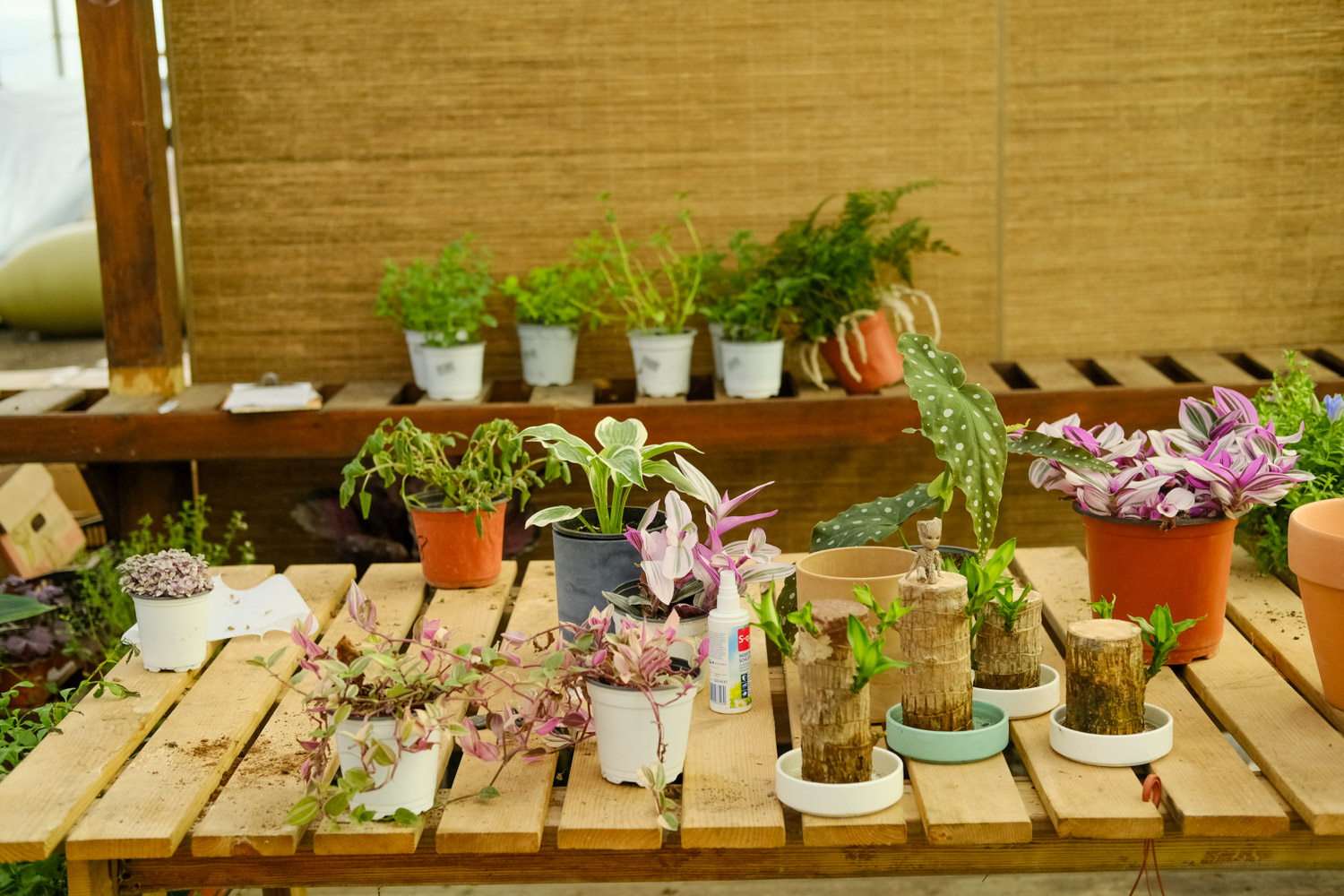
3. Do not expose to the sun
Phalaenopsis is best placed in the indoor light scattering place, or across the glass balcony

 how many times do yo...
how many times do yo... how many planted tre...
how many planted tre... how many pine trees ...
how many pine trees ... how many pecan trees...
how many pecan trees... how many plants comp...
how many plants comp... how many plants can ...
how many plants can ... how many plants and ...
how many plants and ... how many pepper plan...
how many pepper plan...


























